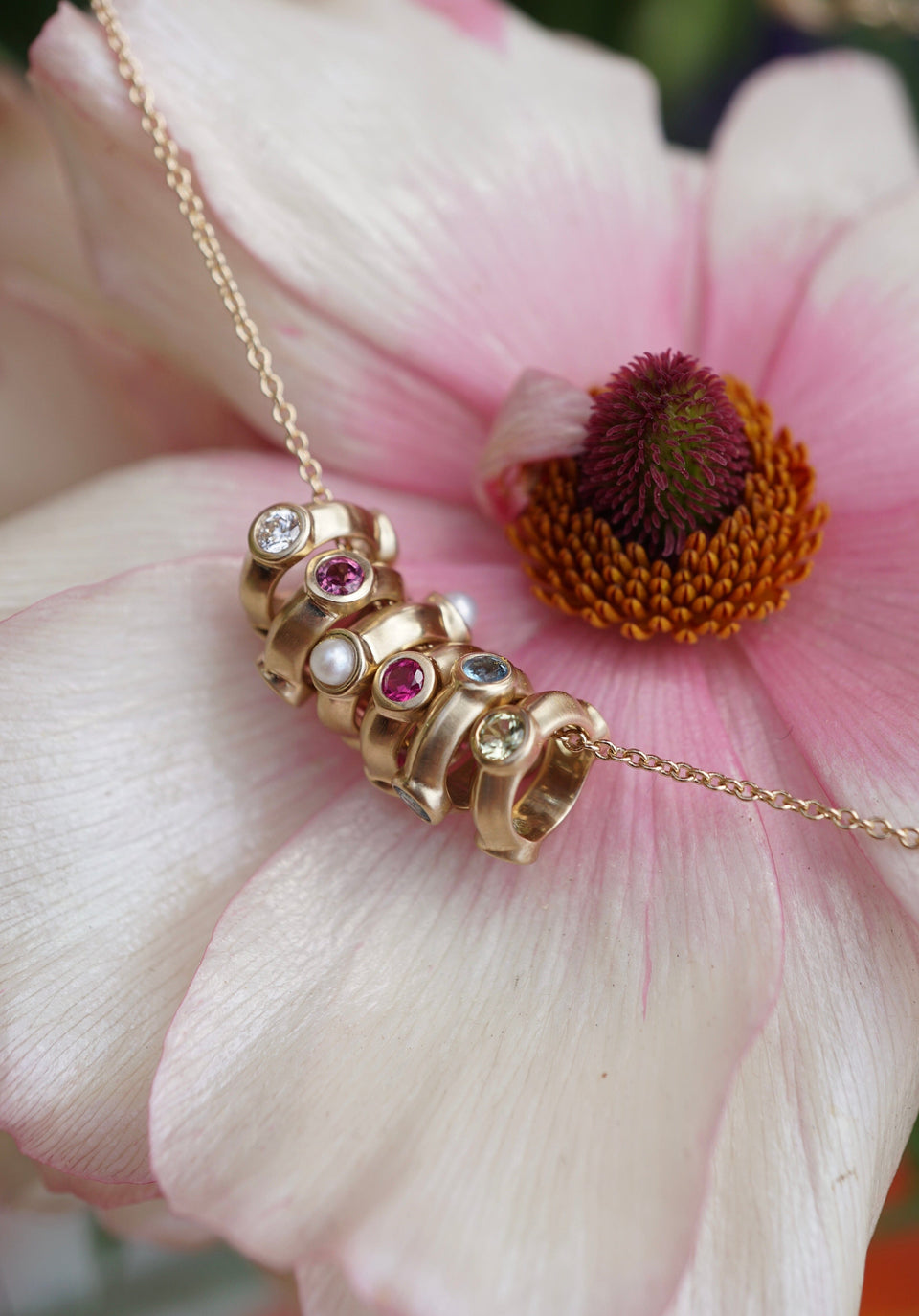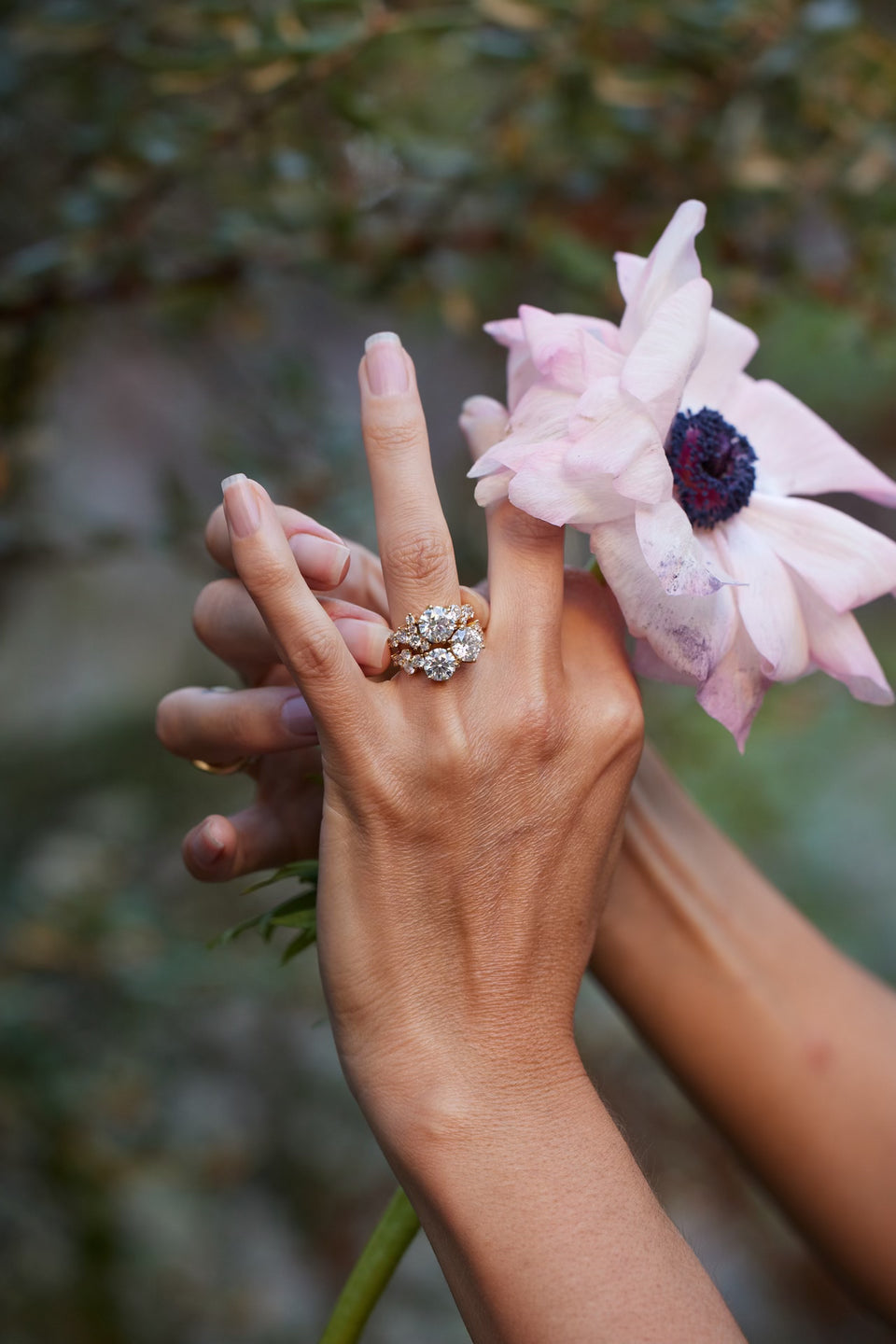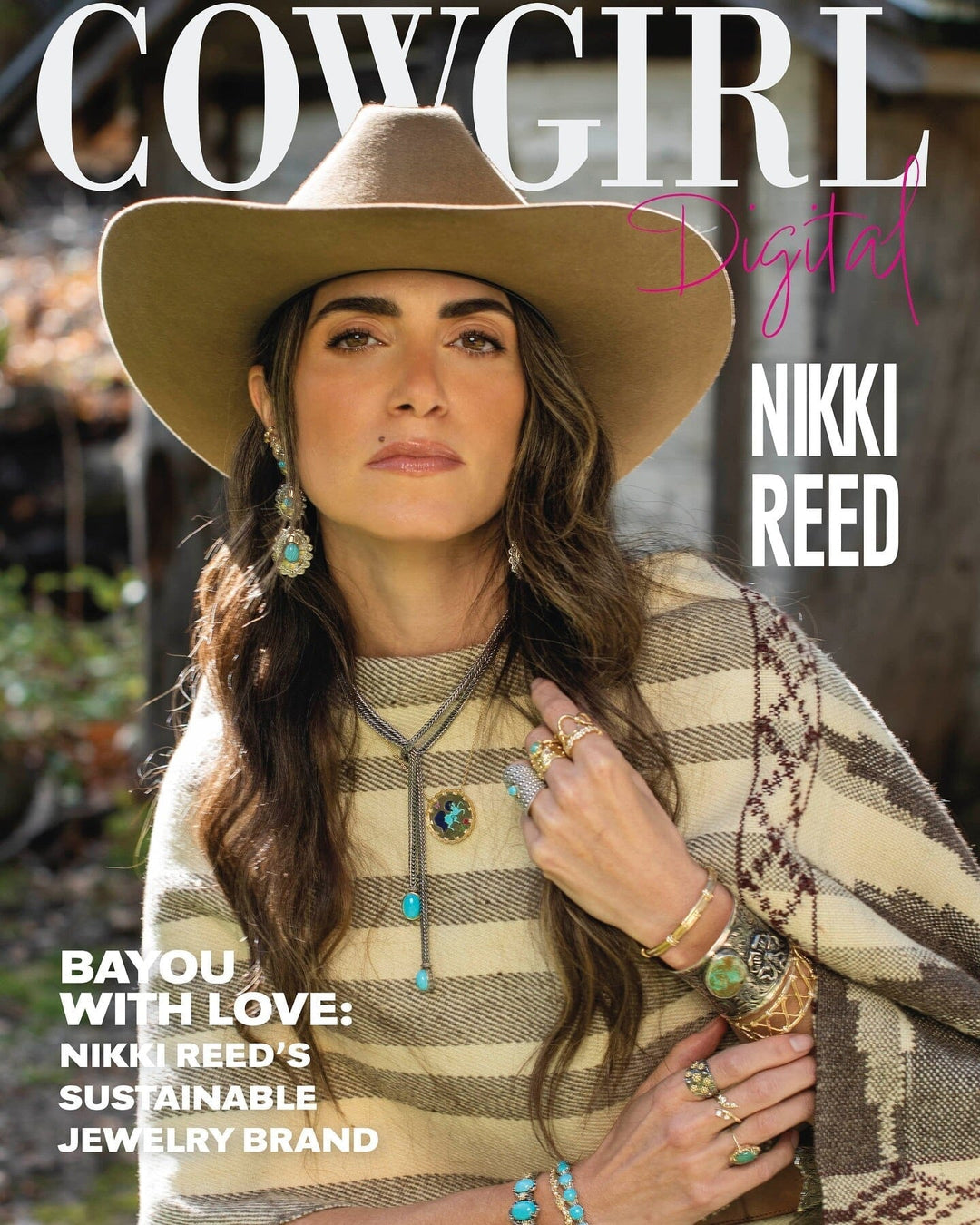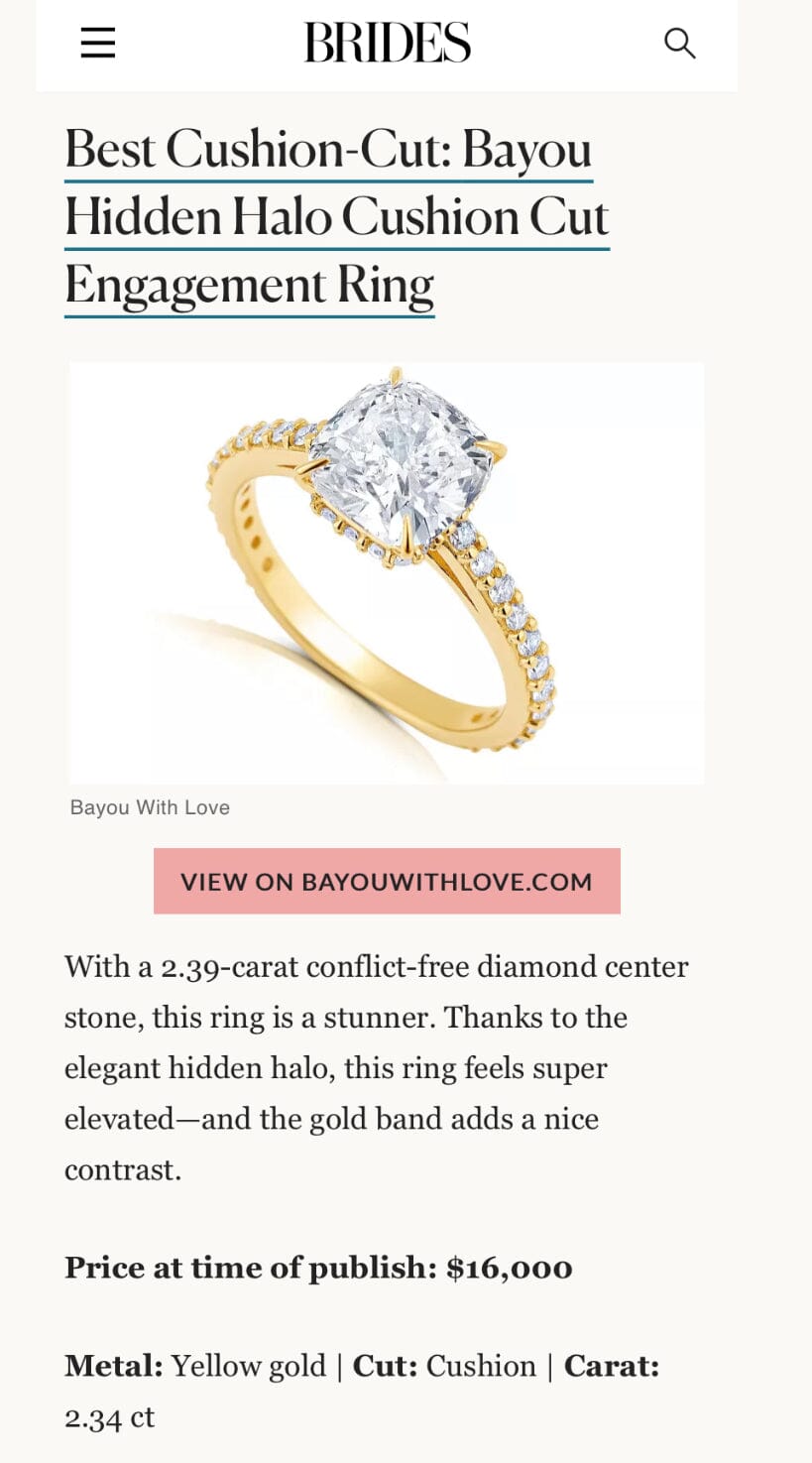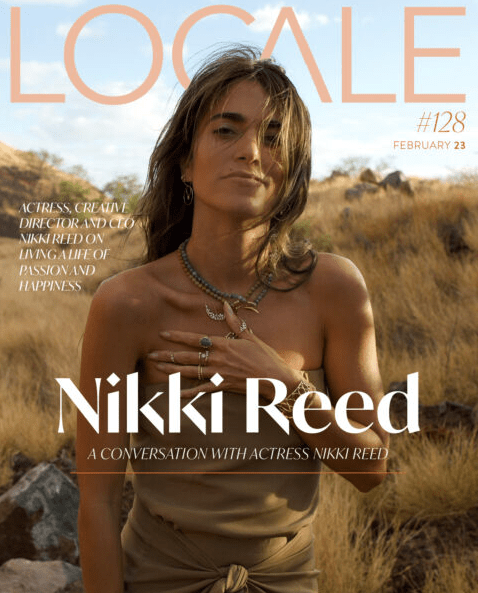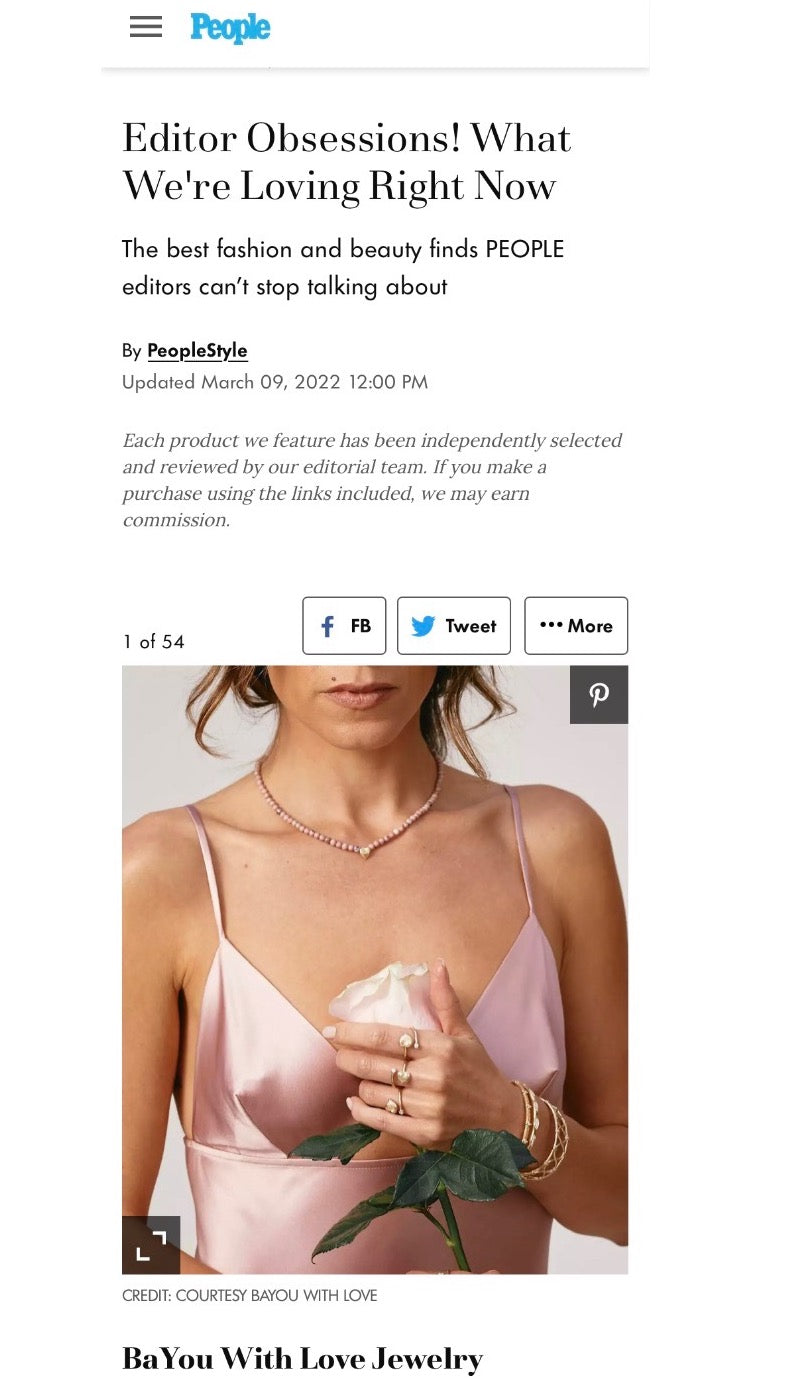The Zero Waste collective, Interview with Tara McKenna
When did you first realize you could live with less waste?
I've always had an interest in sustainability, but it was a trip to Indonesia and Thailand in 2013 that dramatically changed my view on waste. While snorkelling in Bali during that trip, it was unavoidable to notice the trash intermingling with fish and sea life. It was gut-wrenching to me because in my mind I envisioned Bali to be a pristine, lush and tropical place. The reality, while still beautiful and tropical, was (and still is) unfortunately devastating. Similarly, while island hopping in Thailand on that same trip, it seemed as though the tourism industry had no formal waste management system. While hiking one island that my husband and I visited, we meandered through a small community where the ditches were lined with trash. My first thought was: our resort's trash is being dumped right here. These ditches along their narrow community streets appeared to be the local dump. I figured this must have been where our trash would find its temporary home. I say 'temporary' as it only takes one small storm to wash much of that trash into the surrounding seas. While tropical paradise in our minds, Indonesia and Thailand are actually both known as two of the top five plastic polluters in the world.
While my husband and I always thought of ourselves as sustainably minded, it wasn't until a few years later in early 2017 that I discovered the zero waste lifestyle movement. I'm pretty sure it was all of my 'sustainable living' searches on Pinterest that led me down the rabbit hole to find the 'zero waste' lifestyle. The concept sounded overwhelming at first, but as I did more research, I realized that it wasn't so difficult. That's when the transition to live with less waste really took off, and I'm incredibly grateful that my husband was totally on board because I overhauled our lifestyle!
Tell us about your journey in finding alternative ways to consume?
Well I wanted to start right away! Once it became clear that I could reduce my waste step-by-step, I felt impatient and wanted to implement everything in that very moment. Like all at once. ASAP. Of course, that wasn't realistic. Knowing that I couldn't transition everything overnight, I created a road map for myself and our household that looked a bit like this:
- Simplify and Streamline: Minimalism and simple living align well with the zero waste lifestyle movement. The less we consume, the less resources we use up. We live in a society that emphasizes more: more shopping, more spending, more affluence. It's a never ending hedonic treadmill where the more we get, the more we want. I realized that I had accumulated too many things, so I pared down my belongings and decided I would be more mindful about new additions to my life and our home. Junk mail and unsolicited freebies were no longer welcome. Mindless shopping became a thing of the past. This transition was a matter of decluttering, but more importantly, a shift of mindset to avoid refilling my life with meaningless stuff.
- Implementing 'zero waste': The concept of zero waste from a lifestyle perspective is to avoid creating waste from the start. Most of us are well aware of the 3 Rs of 'reduce, reuse, recycle', but zero waste takes it to a whole other level. It's committing to ditch the disposables. It's finding ways to share resources in our communities, repairing broken things, consuming less, and when we do consume, choosing quality items that are built to last. It's understanding our local waste management system, but also knowing that recycling isn't enough. I decided that in our home we would transition room by room, and change our habits accordingly. Researching our waste management system coincided with this approach. Given that our kitchens are a big source of household waste, I started in my kitchen.
- Starting with a Pantry Audit: I decided to start in the kitchen because I felt overrun by plastic packaging in that part of our home. Armed with a pen and paper, I undertook a pantry audit in which I wrote down every single item in our kitchen. Down to the last spice. I researched reasonable zero waste alternatives for each item and explored my city to discover where I could find package-free versions for everything in my kitchen. When I couldn't find a reasonable alternative (based on price, relative convenience, or preference), I had to decide if we would continue to buy the original or discontinue that item from our shopping list. Things like flour, spices, pasta, and most other dry goods, were easy to buy in bulk in my own containers. Instead of buying milk and yogurt in plastic, I found these in glass bottles and jars instead, both with bottle return programs. It was a time-consuming but exciting process. It has given me the chance to get to know local vendors at the farmer's markets and staff at local grocers. We skip the big box chains most of the time, and as a result, we're shopping locally and even eating healthier! While we've overhauled most things in our kitchen, we aren't perfect and we didn't give up everything. This lifestyle needs to be reasonable to be personally sustainable, so a few things remained (but very few) that aren't package free. We also opt for glass and cardboard where we can, which tends to have higher recycling rates than plastic (but that will vary depending on the municipality). We already composted because that service is provided by our city, but that's another critical way to reduce landfill waste.
- Beyond Zero Waste: It took over a year to fully transition our entire home, room-by-room, to reduce our waste. We used up what we had before transitioning to low or zero waste alternatives. For example, I wanted to switch to a safety razor right away, but waited until I had finished using my disposable razor blades first (that took about 6 months). Beyond the reusable bags and glass jars, the zero waste mindset is grounded in the idea of the circular economy where nothing goes to waste. It encompasses conscious consumption: understanding the entire process from start to finish for the products we use. For example, it inspires questions like: Were the materials for this product sustainably and ethically sourced? Was the manufacturing process eco-friendly and ethical? What happens when I'm done with this product? I now use questions like these to help inform daily choices. While I'm not perfect, and not all options are 100% ethical and sustainable, I know I'm heading in a direction that feels right. Plus, the more we as consumers demand sustainable and ethical choices, the more they will become available.

What advice would you give to people who want to start living a more conscious life but don’t know where to begin?
Start small. This is not a go big or go home lifestyle change because that approach could quickly lead to burnout. Maybe your first change will be committing to using a reusable coffee cup, and skipping your morning coffee if you forget it at home (that or you can take a few minutes to sit down and enjoy your coffee in a real mug!). Or perhaps it's switching to solid shampoo bars instead of bottled shampoo.
Also, find your motivation to keep you going. Whether the thought of wildlife struggling with plastic in our oceans inspires you to skip plastic straws, or the knowledge of terrible working conditions abroad inspires you to find ethical fashion options, find your source of inspiration that will make choices easy. Once the choices are easy and made on a regular basis, they'll become habits. Once these new lifestyle choices become habits, they become a normal part of your routine.
Ultimately, it's important to be okay with imperfection, and taking the time necessary to make reasonable transitions. Also keep in mind that not everyone has the same access to the same resources. Don't have a bulk store that will let you shop with your own containers and reusable bags where you live? Don't sweat it; find other ways that you can make sustainable changes in the context of your circumstances and budget.
Can you give 3 simple tips for making the transition?
- Write down your goals. Even if it's a few scribbles in your notebook, this will help give you direction for the transitions you want to make.
- Keep it simple. Remember to bring your: reusable water bottle, reusable straw (if you need one), reusable bags, and reusable coffee cup. Whatever you tend to use most, make sure you have it on hand. Can't go without your daily latte? Then find a reusable coffee cup that you'll love to use every single day.
- Start with your favourite things and enjoy the process. For example, if you love fashion and shopping is one of your hobbies, this is a great place to start making your transition. Thanks to the fast fashion industry, we're producing and tossing fashion at alarming rates. To keep prices low, our clothes and accessories are often made in locations with inexpensive labour and low environmental standards. Your love for fashion creates the perfect opportunity to transition your wardrobe. Use this as a chance to curate your closet in a more mindful way with sustainable and ethical considerations. In the words of Vivienne Westwood: "Buy less, choose well, and make it last."
How has this way of living changed your life?
Let me count the ways! Honestly, I just feel so grateful. I'm grateful for the community of amazing people I've met in person and online through my blog, The Zero Waste Collective, whom are very supportive of this lifestyle. Take this interview for example; this lifestyle and my blog have opened up opportunities for me to work with like-minded and innovative people! On that note, I'd like to thank Nikki Reed and the BaYou with Love team for this opportunity. I'm inspired by your work towards a circular economy (via your collab with Dell), and BaYou with Love's ethical and sustainable practices.
Did you ever feel overwhelmed on your quest for sustainable living?
All the time. It's really easy for me to get caught up in reading about environmental politics in the news, watching documentaries, reading books on environmental topics... all of these things can be really depressing because the overall message is catastrophic. We can't take all of that burden on our shoulders, and although I understand that, I have to relearn that every day. Ultimately I'm optimistic. I know that people really care and want to make good choices. Good choices also need to be available and accessible, and I'm seeing more and more options becoming available. And with all of my (admittedly) anecdotal evidence and the seeing the substantial growth of the zero waste lifestyle movement, I believe we're at the cusp of great change.


